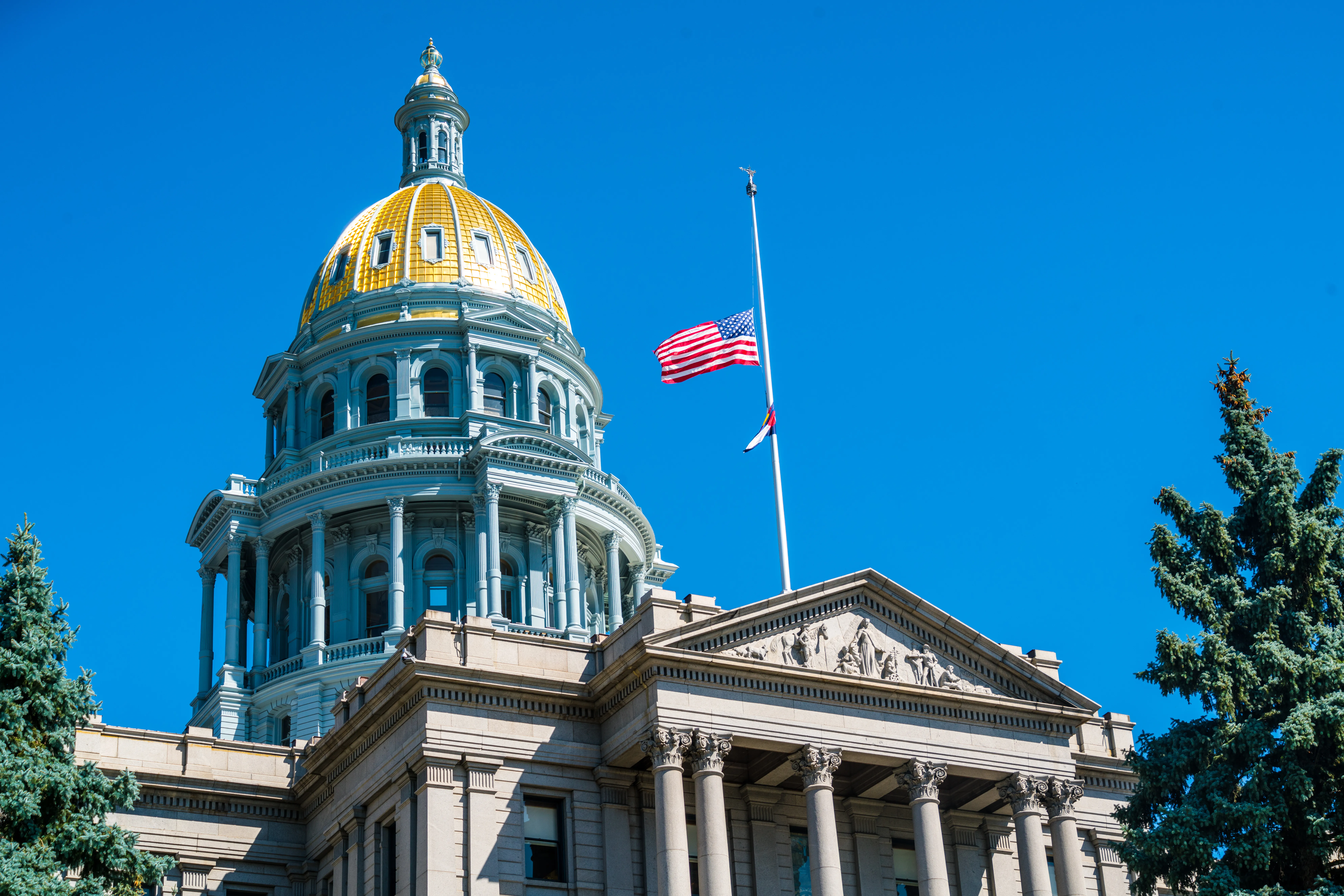
Daily Audio Newscast - November 17, 2025
© AlexLMX - iStock-823000260
Six minutes of news from around the nation.
Economists find business pessimism waning; ME faith leaders say growing book bans threaten religious freedom; report finds connection between TX abortion ban and crime spike; OH groups watch debate of new Gaza genocide resolution; NV disability community speaks out on government shutdown impacts; and AZ conservationists work to bring back extinct turtle.
TRANSCRIPT
The Public News Service Daily Newscast for Monday, November 17th, 2025.
I'm Edwin J. Viera.
U.S. economists haven't been painting a rosy picture through much of 2025, but new national survey results indicate pessimism among businesses has waned.
Mike Moen reports.
Twice a year, the Center for Audit Quality gathers sentiments from the nation's leading public company audit firms in a range of industries, from retail to mining.
Its fall survey says pessimism among businesses has dropped by half since the spring.
The Center's Julie Bell Lindsey says businesses are adjusting to the current political and economic environment, but she says some factors make them feel like they're in a holding pattern.
Regulatory uncertainty and trade issues are now the dominating factors as it comes to uncertainty, and that is replacing those recession fears that we saw from a year earlier.
43 percent of audit partners say companies are holding steady, meaning they're seeking guidance or making no major changes to business plans.
Meanwhile, experts say even with recession fears falling, the long-term impacts of a just-ended government shutdown and a sluggish housing market complicate the outlook.
A coalition of faith leaders says the growing number of book bans nationwide is a threat to religious freedom.
Catherine Carley has that story.
More than 2,400 books were challenged at public libraries nationwide last year with the most frequently challenged titles dealing with gender, race, sexuality, and religion.
Reverend Paul Brandeis Rauschenberg with the nonprofit Interfaith Alliance says libraries and religions are both keepers of stories that deserve protection.
This is a religious duty and a responsibility of faith communities to show up for our broader community and show up for everybody in the community.
He says librarians work to ensure people of all backgrounds and faith traditions can access the books that are important to them, yet they're being harassed both in public and online.
A new campaign encourages houses of worship to send supportive postcards to their local librarians and for people of faith to take a pledge to defend the right to read.
New research shows restricted access to reproductive healthcare in Texas has led to an increase in financially motivated crimes such as burglaries and robberies.
That story from Freda Ross.
Following the passage of House Bill 2 in 2013 that required doctors who perform abortions to have admitting privileges at nearby hospitals, many clinics across the state closed.
University of Vermont Assistant Economics Professor Erkman Aslam is lead author of the research paper entitled "Abortion, Economic Hardship and Crime."
He says limiting access to abortions can lead to financial strains.
You have limited access to abortion and then what happens to your economic condition, let's say next year?
And actually we find that crime starts increasing right about two years after abortion was restricted.
The research shows the financial crimes increased in areas that were further away from abortion services.
This is Public News Service.
Ohio civil rights and faith groups say constituents across the state are watching closely as Congress debates a new resolution to formally recognize what its sponsors call the genocide of Palestinians in Gaza.
While advocates have been urging Ohio lawmakers to weigh in, Farrah Siddiqui reports others argue the proposal is symbolic and risks deepening political divides.
Communities in Columbus, Cleveland, Toledo and Dayton have been vocal about US policy toward Israel and Gaza with organizations hosting town halls, vigils and meetings with congressional offices.
Supporters of the resolution say Ohio's large Muslim, Arab American and Palestinian populations want their representatives to address humanitarian concerns raised by international bodies.
Robert McCaw, Government Affairs Director for the Council on American Islamic Relations or CARE says lawmakers are likely to face continued pressure on the issue.
There's always a moment to have moral clarity on an issue and change your position.
Now's the time.
There's never a better time to recognize that our nation has been complicit in genocide and that we need to turn on this.
Ohio's congressional delegation holds varying positions on Israel and Gaza.
Critics of the resolution say Congress should focus on diplomacy and de-escalation and warn that labeling the conflict as genocide could undermine negotiations.
Nevada's disability community is speaking out about the chaos caused by the government shutdown and ongoing uncertainty in federal funding.
Suzanne Potter has more.
During the shutdown, programs like the state centers for independent living had to dig into reserve funds to stay open.
Social security disability payments were unaffected but other federally funded programs are on shaky ground because the bill to end the shutdown only funds the bulk of the government through January 30th.
Las Vegas disability rights activist, Stephen Cohen, who lives with autism spectrum disorder says people need to band together and make their displeasure heard.
Use your voice and collaborate with others.
Don't see your story as a burden.
See it as an opportunity to change the issue that you're facing.
Don't take no for an answer.
During the shutdown, the Trump administration tried to lay off thousands of federal workers including 121 people at the US Department of Education's Office of Special Education and Rehabilitative Services.
Arizona wildlife biologists have released a plan to restore the endangered Sonoran turtle to its native habitat in the Sonoran Desert.
As Mark Moran reports, its population is threatened by habitat loss from groundwater pumping and drought.
The tiny Sonoran mud turtle was listed under the Endangered Species Act in 2017.
Now, Arizona game and fish amphibian and reptile expert, Tom Jones says the plan is working to bring the tiny turtle back from extinction and preserve it in the Southwest US and neighboring northern Sonora, Mexico.
The Sonoran mud turtle is a unique member of our fauna in Arizona and in Sonora.
And as such, it deserves to be protected.
Now that the public has had a chance to weigh in, there's a recovery plan in place.
I'm Edwin J. Vieira for Public News Service, member and listener supported.
Find our trust indicators at publicnewsservice.org.
















